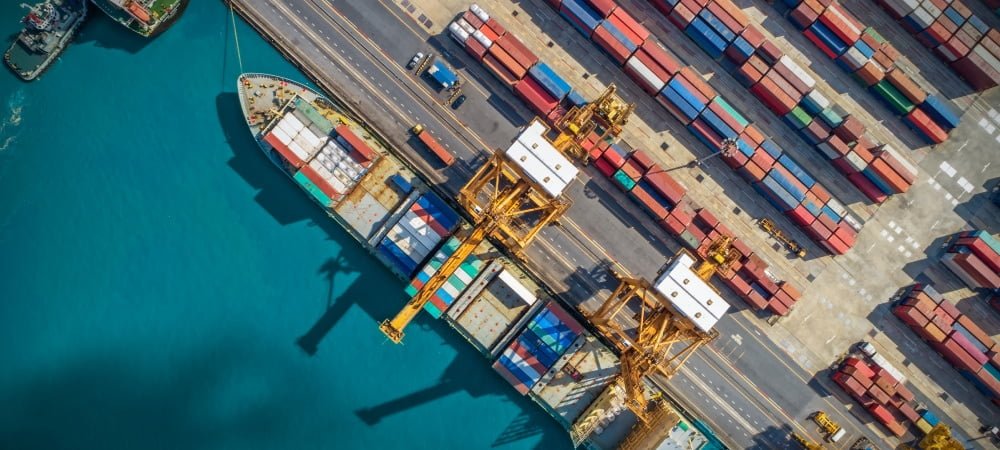Supply Chain Planning

But even if demand is falling and cost pressure is increasing, manufacturers should not put planned projects on hold. After all, new technologies in particular can help during and after the crisis. The digitalization of production, procurement, supply chain and manufacturing processes is creating smart factories that are further accelerated by the Internet of Things (IoT), artificial intelligence (AI) and machine learning (ML). The basic idea: analyzing large amounts of data improves decision-making. According to a survey by Deloitte, 60% of managers were already using analytics software last year, often with AI functions, to identify component bottlenecks in good time, optimize delivery routes, reduce fuel consumption and shorten delivery times.
Geopolitical and trade tensions are prompting more and more companies to look for lower-risk suppliers. According to a study by BCI Global, more than 60% of European and US manufacturers are planning to relocate some of their activities to Asia over the next few years.
Modern supply chain planning can help to reduce supply chain risks. ML functions reveal anomalies and potential impacts. In a study by KPMG, 67 percent of CEOs stated that they want to invest more in data-driven technologies.
"Even a weakening economy shouldn't stop companies from investing in new technologies," explains Martin Cereceda, Senior Business Development Manager Manufacturing and Automotive at Oracle. "On the contrary: those who digitize, automate and adopt an environmentally friendly approach will gain a competitive advantage - in the form of efficient business processes, innovations and long-term cost reductions."






